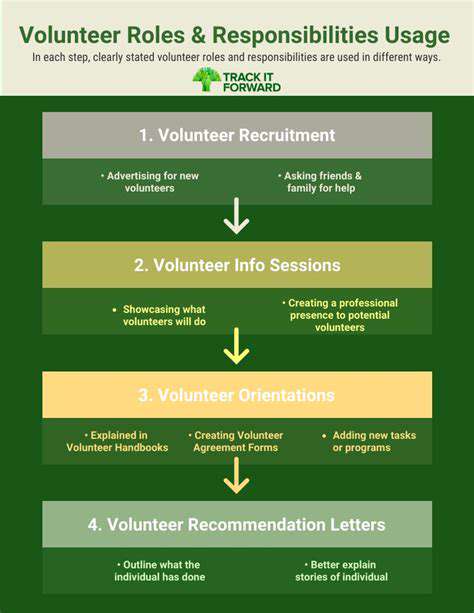Pet Friendly Insect Bite Remedies

Managing Insect Bite Allergies in Pets
Identifying Insect Bite Allergies in Pets
Recognizing the signs of an insect bite allergy in pets is crucial for prompt treatment. Symptoms can vary depending on the severity of the reaction and the pet's individual sensitivity. Common indicators include localized swelling and redness around the bite site, excessive itching, or even hives. Observing your pet closely for any unusual behavior, such as excessive licking or scratching at a specific area, can also be a significant clue. Understanding these early warning signs can help you seek veterinary care quickly, preventing the reaction from escalating.
In some cases, a severe allergic reaction, known as anaphylaxis, can occur. This is a life-threatening condition characterized by difficulty breathing, a rapid heartbeat, and potentially collapse. If you suspect your pet is experiencing anaphylaxis, immediate veterinary attention is critical.
Understanding the Triggers
Different insects can trigger allergic reactions in pets. Common culprits include bees, wasps, hornets, and mosquitos, but also fleas, ticks, and even certain types of spiders. Identifying the specific insect responsible for the allergic reaction can help prevent future incidents. Thorough observation of the bite site and the environment your pet frequents can provide valuable clues for determining the trigger.
Managing Localized Reactions
For localized reactions, such as swelling and itching, applying a cold compress to the affected area can offer some relief. Over-the-counter hydrocortisone creams, specifically formulated for pets, can also be helpful in reducing inflammation and itching. However, it's crucial to consult your veterinarian before using any topical medication on your pet, as some products can be harmful if used incorrectly.
Addressing Systemic Reactions
If the allergic reaction extends beyond the bite site, affecting the entire body, it's essential to seek immediate veterinary care. Systemic reactions, involving hives, difficulty breathing, or other signs of distress, require immediate medical intervention. Your veterinarian will assess the severity of the reaction and administer appropriate treatment, potentially involving medications like antihistamines or corticosteroids.
Preventing Future Bites
Preventing insect bites in the first place is an important part of managing allergic reactions. Using insect repellent on your pet, especially during outdoor activities, can help deter insects. Keeping your pet's environment free of potential insect breeding grounds, such as standing water, can also significantly reduce the risk of bites. Regular grooming and flea/tick prevention treatments can help identify and eliminate these pests before they can bite.
Importance of Veterinary Consultation
While some minor reactions may be manageable at home, it's crucial to consult your veterinarian for any insect bite allergy symptoms in your pet. Veterinarians can accurately diagnose the severity of the reaction, prescribe appropriate medications, and develop a personalized treatment plan. They can also provide crucial information about preventing future incidents and monitoring your pet's condition.
Emergency Preparedness
Having a plan in place for potential emergencies is crucial. Familiarize yourself with the signs of an allergic reaction in your pet and know the location of your nearest veterinary emergency clinic. If you have a pet with a known history of insect bite allergies, having emergency medications on hand, such as antihistamines or epinephrine auto-injectors (as prescribed by your veterinarian), can be a lifesaver. This preparation can significantly improve the chances of a positive outcome in case of a severe allergic reaction.
Read more about Pet Friendly Insect Bite Remedies
Hot Recommendations
- Customized Sleep Schedules: AI Driven for Sustainable Rest
- Crafting a Personalized Productivity Plan for Mental Clarity
- Sustainable Self Compassion: Cultivating Kindness Towards Your Mind
- Sustainable Productivity Hacks for the Busy Professional
- Sustainable Wellness for Parents: Balancing Family and Self Care
- Data Informed Self Care: Designing Your Personalized Wellness Strategy
- Sustainable Wellness for a Purpose Driven Life
- AI Assisted Mindfulness: Personalized Meditations for Deeper Practice
- Building Inclusive Mental Health Services: Key Initiatives
- AI Powered Self Care: Customizing Your Routine for Maximum Impact










